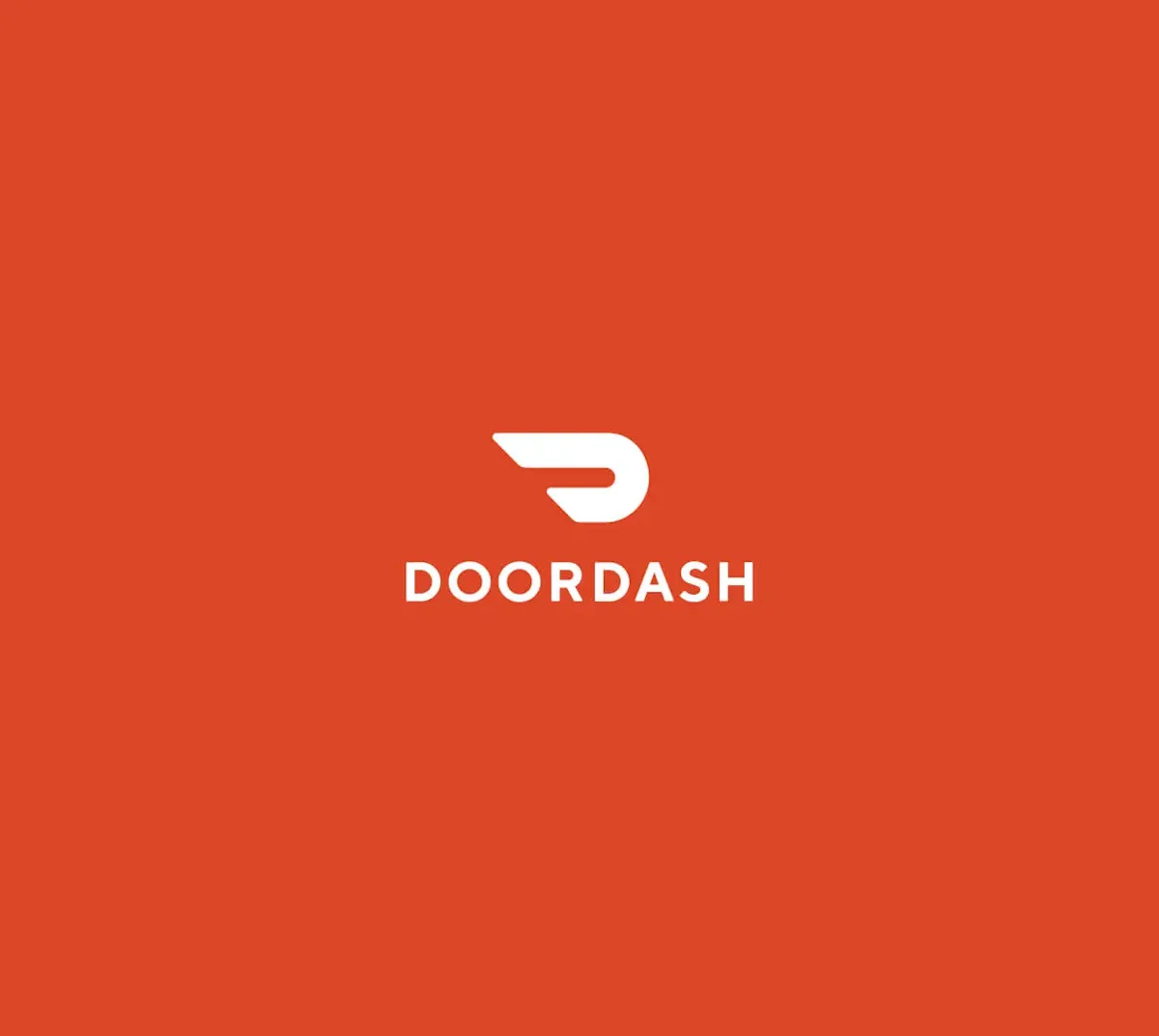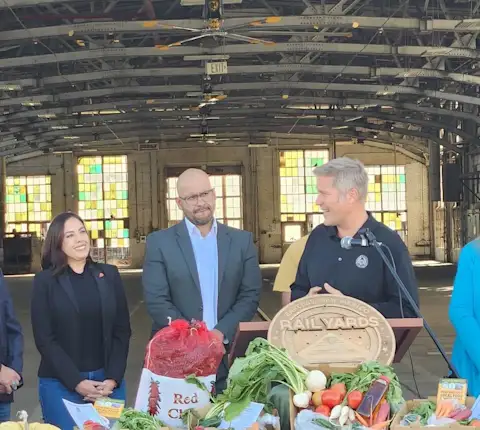With nearly 60% of the vote and resounding support from the Dasher community, Prop 22 has delivered higher earnings for many Dashers while also extending critical benefits and protections like a minimum earnings guarantee, healthcare stipend, enhanced occupational accident insurance, discrimination protections, training on key issues, and more to hundreds of thousands of workers.
With over a year of learnings and data, we are excited to share the results of what this new model has delivered to the hundreds of thousands of Dashers across California. The numbers speak for themselves: Dashers are earning more than ever, while still working when, where, and for however long they want.
On average, in 2021:
Bay Area Dashers earned around $36 per hour while on deliveries, a 28% increase from 2020
Sacramento Dashers earned about $33 per hour while on deliveries, a 29% increase from 2020
Los Angeles Dashers earned around $33 per hour while on deliveries, a 32% increase from 2020
San Diego Dashers earned around $33 per hour while on deliveries, a 32% increase from 2020
“Family means everything to me – and ever since my fiancée started struggling with her health, I have to be available for last minute doctor appointments and support,” said David M, California Dasher, Member of California Dasher Advisory Group. “That’s why flexibility is so important to me – dashing makes it possible for me to earn where and when I want. Even better, since the passage of Prop 22, I’ve made more money, and relied on the new healthcare stipend to help cover medical expenses. The protections have been absolutely critical to keeping my family secure and in good spirits over the past year.”
California Dashers on average earned around $34 per hour while on deliveries, including 100% of tips– 32% more in 2021 under Prop 22 than in 2020, showing an overall increase in earnings since the policy’s implementation. While Dashers’ earnings went up, they continued to dash for just a few hours per week: in 2021 the average Dasher in California worked less than 3 hours per week. In fact, over 91% of California Dashers spent less than 10 hours per week on deliveries in 2021. These findings illustrate that most Dashers don’t rely on the platform like a traditional job, which usually has set shifts; instead, Dashers are working when, where, and how they want to help meet personal goals.
The ability to earn immediately took on new value with the onset of the pandemic as unemployment mounted, schools closed, and many traditional ways to earn changed overnight. Dashing helped Californians earn quickly, which was particularly important for those looking for ways to make money while seeking new opportunities or caring for loved ones.
A recent industry-wide study found that app-based rideshare and food delivery platforms provided badly-needed opportunities to earn income. From March 2020 to February 2021, there were 808,469 first-time signups in California across DoorDash, Instacart, Lyft, Uber & UberEats. This year, around 670,000 Dashers—including over 360,000 new Dashers who joined the platform and dashed in California for the first time—supplemented income, made up for lost jobs or simply enjoyed an accessible, low-barrier-to-entry opportunity to earn and save money.
According to our 2021 national survey:
73% of California Dashers deliver more at certain times of the week, month, or year to reach a financial goal like paying off bills, caring for family, buying gifts, and saving for a big purchase.
68% of California Dashers use DoorDash to make up for lost hours/reduced hours at work. Of that group, 53% reported dashing to avoid applying for government benefits.
In addition to providing an opportunity for Dashers to quickly and flexibly earn, we’ve created new opportunities for Dashers to advise and act on the issues they care about most. Just this month, we launched the California Dasher Advisory Group, a group of 13 Dashers from across the state dedicated to advising on key issues, brainstorming new ideas, and shaping DoorDash’s future by testing new products and features.
We’ve heard from Dashers, and we know that Prop 22 represents one solution that works for them, uniquely suited to California. We’ve long been committed to the creation of benefits frameworks that are portable, proportional, and flexible, reflecting what Dashers want, and we’re eager to engage with policymakers and Dashers everywhere on ways to build policies that reflect Dasher voices.


